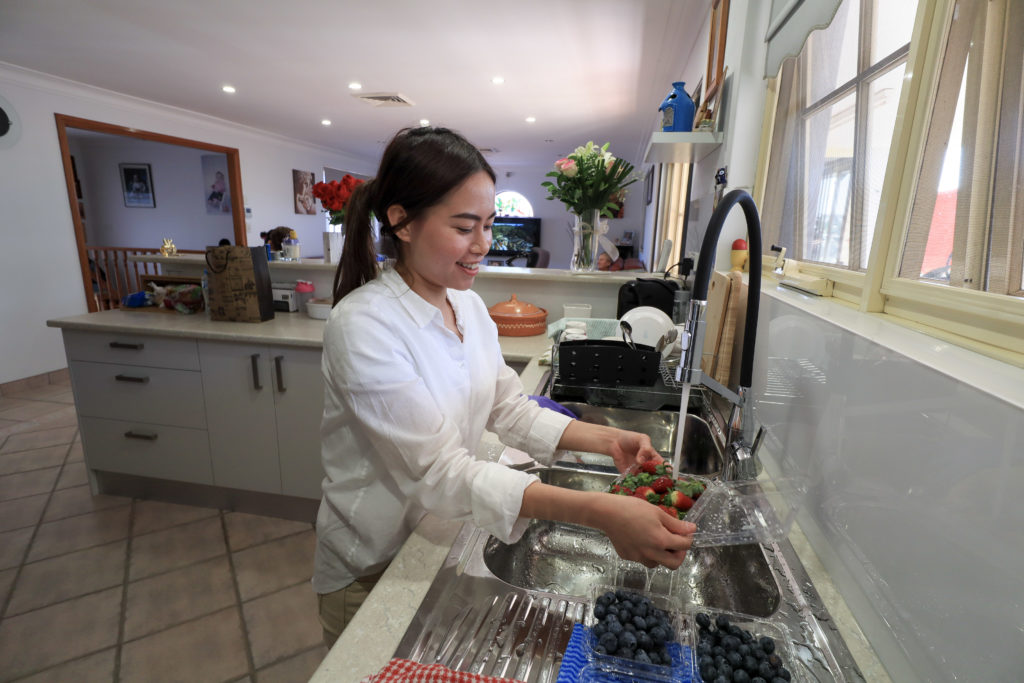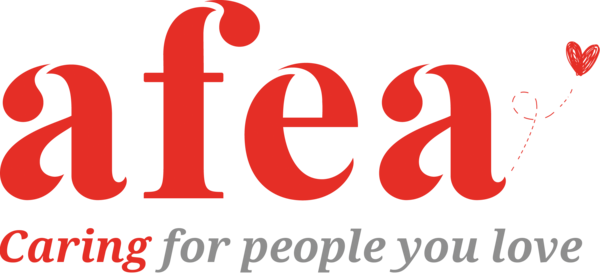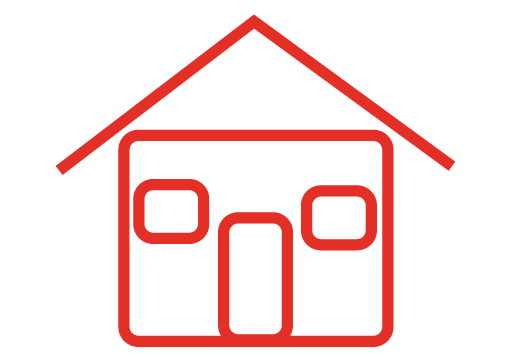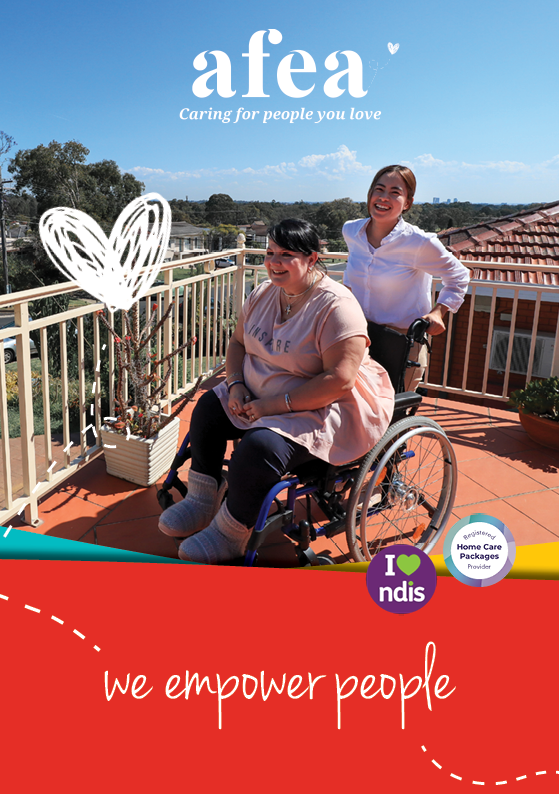What are NDIS goals? If you’re new to the NDIS – either as a participant or as part of a participant’s support team – you would be asked about your goals.
NDIS goals are the things you want to pursue with the support of the NDIS.
In this post, we are going to talk about what goals are in relation to your NDIS plan. We’ll also share some tips on how to set goals and how to reach them!
Why goals are important
Your NDIS goals are an important part of developing your plan. While they won’t be directly linked to your funding, they will help the NDIA understand the things that are important to you. Knowing what your goals are will assist them in thinking of the supports or services you may need to live the life you want.
There is no maximum number of goals, but you should have at least one! Otherwise, the NDIA can’t continue with the planning process.
Thinking about your goals can help you, too. Listing your goals can help you discover your strengths or weaknesses. They can motivate you to try something new and work towards a happier, more fulfilling future.
The NDIS planning booklet is a handy guide for this. You will be asked questions about how your disability affects your life, the important people around you and what a typical day for you looks like.
Sample answers may be:
About your disability: I use a manual wheelchair to move around.
The important people in your life: I live with my parents.
Your day-to-day life: I work at home two times a week. I like having lunch with friends. I visit the park in the afternoons.
Now, given all that, what do you want to change in the future?
Questions to help you get started
The NDIA shares some questions that can help you get started. Here are some of our suggestions:
- What makes you happy now?
- Are there aspects of your life that you want to change? What things do you want to stay the same?
- Are you happy with your current living arrangements? Do you want to live somewhere else?
- Do you want to learn new skills?
- Are there activities or classes in the community you want to join?
What are examples of NDIS goals?

Now that you’ve had a think, let’s try writing some goals!
The NDIA recommends that your goals be SMART, specific, measurable, achievable, realistic and timely.
You will be asked about your short-term goals and medium- to long-term goals. Short-term goals are goals that can be realistically achieved within 12 months. Medium- to long-term goals may take years to achieve, but it would be good to write them down now and work towards them.
Short-term NDIS goals
Let’s return to the questions above. Think of short-term goals that can respond to the question, Do you want to learn new skills?
Examples of short-term goals may include:
- This year, I want to learn how to cook so I don’t need to rely on my parents for my meals.
- In the next three months, I want to learn how to use public transport so I can be more independent.
Medium- to long-term NDIS goals
Now think of medium- to long-term goals in relation to the questions, Are you happy with your current living arrangements? Do you want to live somewhere else?
An example of a medium- to long-term goal for this can be:
- In the next few years, I want to move into a shared home with a friend of mine.
For the question, What aspects of your life do you want to change? perhaps you’d like to upgrade the mobility aids you’re currently using. So, you can say:
- In the next few years, I want to be able to upgrade to a power wheelchair from a manual wheelchair so I can travel longer distances.
Who can help me write my goals?
You know what you need more than anyone, but you may be having a hard time articulating your needs. You can ask for help from your friends, family, service providers or Local Area Coordinators.
How do I provide my goals?
At your initial planning conversation with the NDIA Planner, you can provide your goals verbally or in writing.
If you provide them verbally, the NDIA Planner will write them down for you and check the wording with you first before including it.
The NDIA will record all your goals in the Participant Statement.
Achieving your goals
Once you’re happy with your goals and how they’re worded, the NDIA Planner will ask how you plan on achieving them.
The best way to go about this is to think of the small steps you’ll take to reach your objective.
For example, let’s take one of the goals we’ve written earlier:
Goal: This year, I want to learn how to cook so I don’t need to rely on my parents for my meals.
The steps to reach this goal can be:
- Find out if there are certain barriers that are stopping me from preparing my own meal (Questions to ask yourself: Do you need a more accessible kitchen? Does cooking trigger your anxiety?)
- See what skills I need to develop in order to prepare a meal
- Learn the names of the kitchen utensils and appliances and how to use them
- Learn how to follow a recipe

Once you have these steps, the NDIA Planner can then discuss how NDIS funding can help you work towards your goals.
For example, if reasonable and necessary, your funding can pay a support worker to teach you skills around cooking and meal preparation.
Hopefully, while on your NDIS plan, you’ll be able to reach this and your other goals!
Reach your NDIS goals with Afea
Our team of NDIS experts can assist you in figuring out your goals and preparing for your planning meeting. Call us on 1300 65 11 33 or fill out this form.















